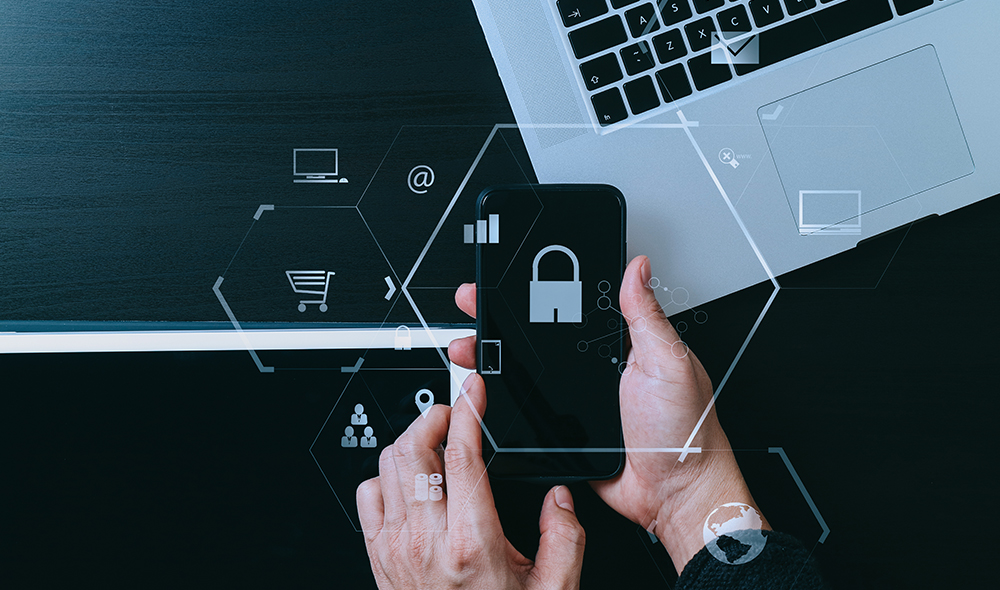In today’s rapidly evolving digital age, data has emerged as the most valuable resource, akin to precious gold. It not only empowers businesses but also fuels economies and has a profound impact on shaping societies. However, just as gold requires meticulous protection from potential theft and loss, data too demands stringent measures for safeguarding its integrity and confidentiality. This is where data protection plays a pivotal role, ensuring the preservation and security of invaluable information in an increasingly interconnected world.

What is Data Protection?
Data protection refers to the processes and strategies implemented to safeguard information from corruption, compromise, or loss. It involves the application of a set of policies and procedures to ensure that data is stored, used, and transferred securely. Data protection can encompass various aspects, including data encryption, backup and recovery tools, network security solutions, and access controls.
The Principles of Data Protection
The backbone of data protection lies in its fundamental principles. These principles serve as guiding rules that dictate the proper handling of data, ensuring its utmost safety and security. By adhering to these principles, organizations can establish robust frameworks and protocols to safeguard sensitive information, mitigate risks, and maintain trust with their stakeholders. Whether it is data minimization, encryption, or lawful processing, these principles provide a comprehensive framework for managing data in a responsible and ethical manner. The principles are as follows:
- Lawfulness, Fairness, and Transparency: Data should be processed lawfully, fairly, and transparently. Users should understand why their data is being collected and how it will be used.
- Purpose Limitation: Data should only be collected for specific, explicit, and legitimate purposes and not further processed in a manner incompatible with those purposes.
- Data Minimization: Only necessary data should be collected and processed.
- Accuracy: Every effort must be made to ensure that personal data is accurate and updated.
- Storage Limitation: Personal data should be kept only as long as necessary for the purpose for which it was collected.
- Integrity and Confidentiality: Data should be processed in a way that ensures its security, including protection against unauthorized or unlawful processing, accidental loss, destruction, or damage.

What are the Benefits of Data Protection?
Data protection offers numerous benefits, both for organizations and individuals. Some of the key advantages include:
- Reduced Risk of Data Breaches: Ensuring data protection is a crucial element of implementing cybersecurity best practices. Data breaches can have severe consequences, including financial losses, reputational damage, and loss of customers. Data protection measures help minimize the risk of such incidents from occurring.
- Maintaining Trust: By implementing robust data protection measures, organizations can demonstrate their commitment to safeguarding sensitive information, thereby fostering trust with their customers and stakeholders.
- Compliance with Regulations: With data privacy regulations becoming increasingly stringent, complying with data protection practices helps organizations avoid hefty fines and legal consequences.
- Enhanced Security: By implementing encryption and access controls, organizations can ensure that their data is secure from cyber threats and malicious attacks.
Why Is Data Protection Important?
Data protection is crucial for several reasons. First, it upholds privacy rights. In an era where personal data is constantly being collected and analyzed, protecting this data is key to preserving individuals’ privacy.
Second, data protection ensures business continuity. A data breach can have disastrous consequences for a business, including financial losses and damage to its reputation.
Finally, data protection is often a legal requirement. Regulations like the General Data Protection Regulation (GDPR) in the EU mandate businesses to implement stringent data protection measures.

Why Choose Kital for Your Data Protection Needs?
Now that you understand the importance of data protection, the question arises—who should you trust with your data protection needs? The solution lies with Kital, a trustworthy choice for all your data protection needs.
At Kital, we understand that every business is unique and requires a personalized approach to data protection. Our team of experienced professionals works closely with clients to comprehend their specific needs and recommend robust data protection solutions. We utilize cutting-edge technology to ensure the security of your data, employing robust encryption techniques and advanced backup and recovery solutions. As proud distributors of trusted brands like Fortinet and Pentera, we ensure that our clients receive only the best.
Transparency is a core value at Kital. We keep our clients informed about the usage and storage of their data. We consistently monitor and update our systems to comply with evolving data protection regulations. Choosing Kital means choosing peace of mind. Rest assured; your data is in safe hands with us.
In today’s digital age, data protection is not just a necessity but a critical component of any successful business. When it comes to safeguarding your data, Kital is your trusted partner. Trust us to protect your data as if it were our own because your security is our top priority. Get in touch with us today!




